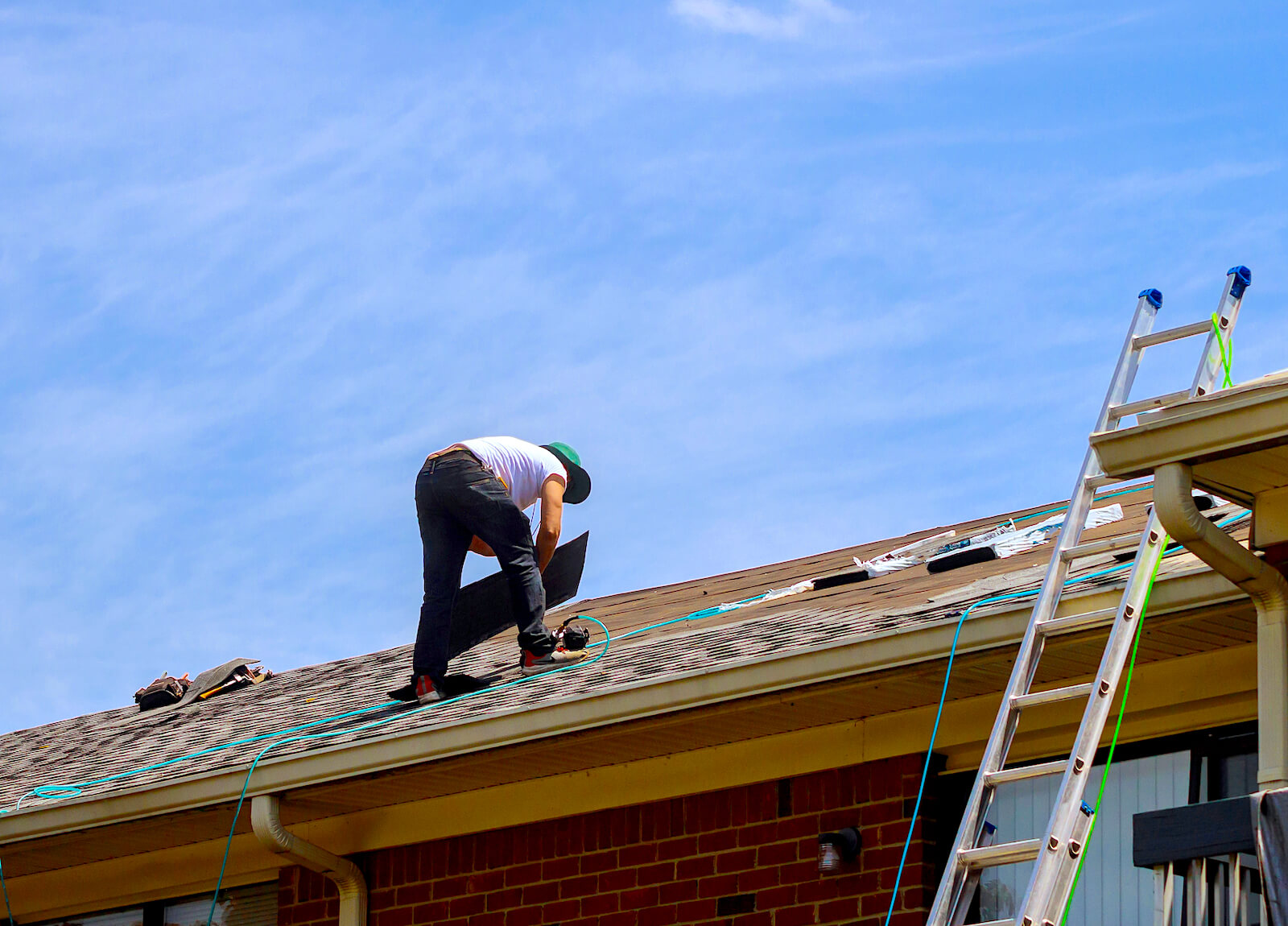Has an insurance company denied your claim? What should you do when an insurance claim is denied? Keep reading to discover the steps you should take after insurance claim denial.
1. Understand The Reason For Denial
Insurers deny claims frequently.
Sometimes, they deny claims for good reasons. The policyholder committed insurance fraud, for example, or deliberately damaged the property.
In other cases, insurers deny claims because they’re greedy. They use hidden policy language and engineering reports to intimidate policyholders into accepting a lower-than-expected payout.
Your insurer must provide a reason the claim was denied. Make sure you understand the reason for your denied claim. Then, you can proceed with the next steps.
2. Review Your Policy
In many cases, homeowners don’t fully understand their policy until after a claim has been denied.
Start by reviewing your policy. Your insurance company may have referenced specific parts of your policy when denying your claim. Review those parts thoroughly.
Approach your policy like you were the insurance adjuster looking to deny your claim. How would you interpret the policy in the insurer’s favor? That’s how insurance companies might approach your policy – and why they deny claims every day.
- Look for specific terms in the policy the insurance company is referencing when denying your claim
- Check specific coverages, deductibles, and limits to ensure you know how much is covered
- Look for exclusions, including specific incidents or types of damage your insurer may not cover
3. File An Appeal
If you’ve reviewed your claim and your policy and you’re still unsure about the denial, then file an appeal.
You have the right to appeal your insurance claim. To appeal your claim, you’ll need to collect evidence supporting the reason you believe your claim should be overturned, including:
- All relevant information about your claim and the resulting damages, including photos and videos of the damages, the date and times at which the damages occurred, receipts for damaged items, and other supporting evidence of your loss
- An estimate or statement from an independent appraiser (if the value of an item is disputed) or an estimate from an independent contractor (if the value of repairs is disputed)
- Evidence proving you performed due maintenance on your house regularly and were not negligent
- Any other evidence refuting the insurance company’s reason for denying your claim
If the insurer denied your claim unfairly, then you may be able to overturn the denied claim by providing the evidence above.
4. Hire A Public Adjuster Or Other Professional
If none of the above steps overturned your denied insurance claim, then it’s time to hire a professional.
Typically, homeowners hire public adjusters for disputed amounts greater than $10,000.
Public adjusters are are typically paid by contingency, which means they don’t charge clients anything until the final settlement with your insurer.
A public adjuster manages your claim from start to finish, analyzes your claim and the damages, and negotiates with the insurance company with your best interests.
[big_contactus btn-position="1"]
The goal of a public adjuster is simple: to ensure you receive every penny legally owed to you according to your insurance contract.
If the public adjuster is unable to help with your case, then you may want to approach an insurance attorney in your area – especially if it’s a high-value claim with a large amount of disputed money. Hiring an attorney can be expensive, but it’s one final way to overturn your denied claim.
5. File A Formal Complaint
The insurance industry is regulated by your state’s Department of Insurance.
If you’re unsatisfied with your insurance company, or if your insurer denied your claim without due cause, then consider filing a formal complaint to your state’s insurance commissioner.
Insurers have an obligation to operate in good faith. When insurers break that obligation, they are violating state insurance law. Consider filing a formal complaint against your insurer if you’re unsatisfied.
Why Insurers Deny Claims
Insurers deny claims for many different reasons.
Some of the reasons insurers deny claims include:
- Misrepresentation (i.e. lying or misrepresenting certain facts to your insurance company)
- Non-payment of premium or late premium payments
- Missed filing deadline
- Insufficient documentation and evidence
- Damage from an excluded cause
- Damage to undisclosed improvements (like a new kitchen renovation)
- Neglect or lack of maintenance
- Deliberate or intentional damages (like arson)
When insurers deny claims they should provide a reason for that claim denial. If you disagree with the insurance company and think your claim was wrongfully denied, you may be able to overturn a denied claim by providing the right evidence or getting help from a licensed insurance claim professional.
Schedule A Free Case Review
ClaimsMate provides free case reviews. Contact ClaimsMate today for a no-obligations consultation.
A ClaimsMate public adjuster can analyze your claim, determine why your claim was denied, and use proven strategies to overturn that denied claim.
[dynamic_contact_us text="Schedule a Free Consultation" btn-position="2"]
Additional Resources For Insurance Claim Denials
For more information and assistance with your specific claim denial situation, see the following resources below:
- How To Dispute A Homeowners Claim Denial
- Filing A Complaint Against The Insurance Company
- Appraisals, Mediation & Arbitration For Claim Disputes
- Why Insurance Companies Deny Fire Claims
- Top Sources Property Damage Claim Help
- Insurance Claim FAQs
Source Here: What to Do When Your Home Insurance Claim is Denied
 It costs anywhere from $5,000 to $50,000 to replace a roof, depending on the size of your home and the material used.
It costs anywhere from $5,000 to $50,000 to replace a roof, depending on the size of your home and the material used. You buy smoke alarms to alert you of a fire. If your smoke alarm malfunctions, however, then you still expect your insurer to cover the damages.
You buy smoke alarms to alert you of a fire. If your smoke alarm malfunctions, however, then you still expect your insurer to cover the damages.